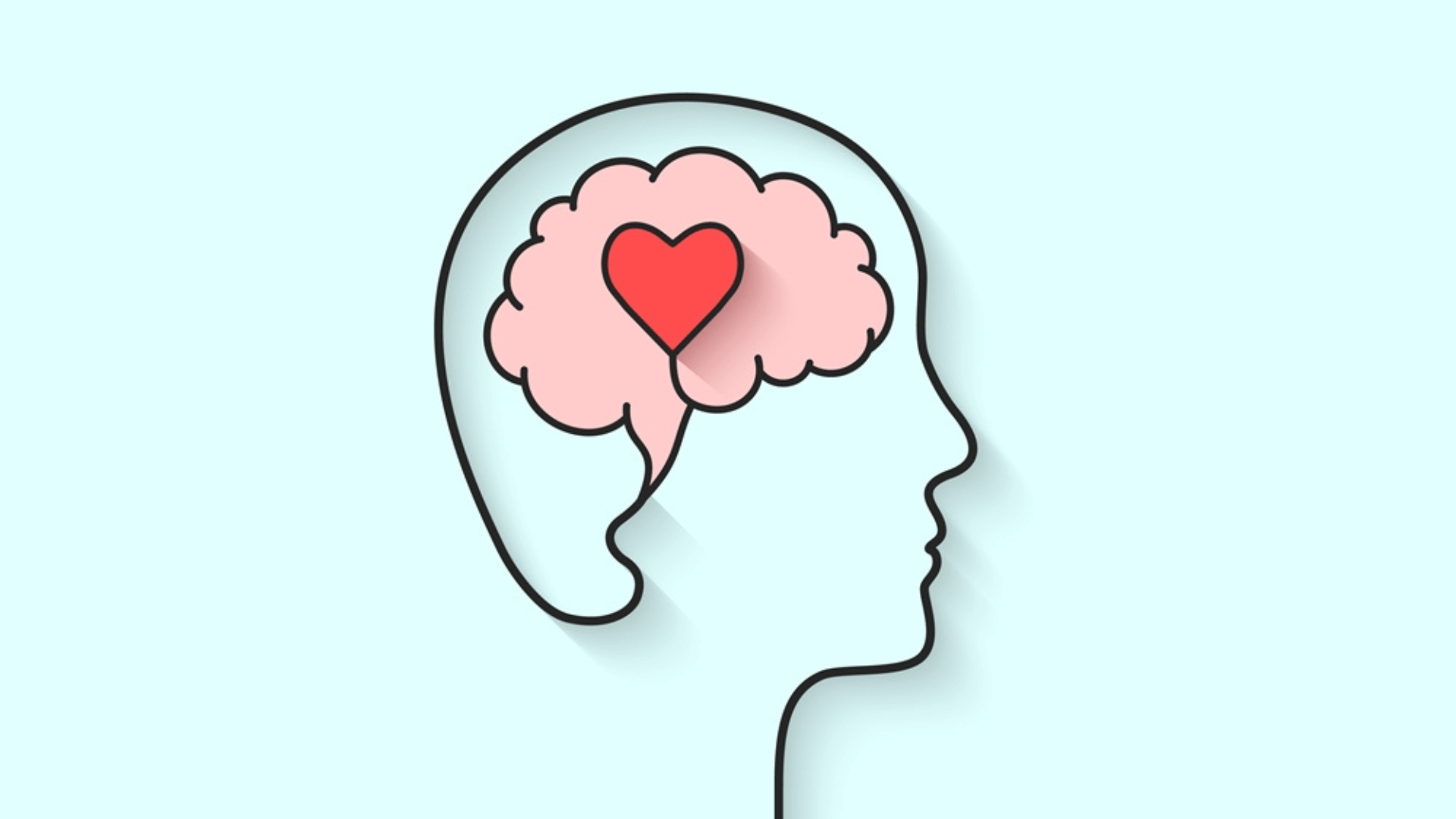
Ways To Take Care Of Your Mental Health
10 Oct, 20225 minutes“Mental health” refers to your overall psychological well-being. It includes the way you fee...

“Mental health” refers to your overall psychological well-being. It includes the way you feel about yourself, the quality of your relationships, and your ability to manage your feelings and deal with difficulties.
Anyone can experience mental or emotional health problems — and over a lifetime, many of us will.
You may have noticed that we're making huge strides in destigmatizing mental illness, and that's great. The importance of treating your mental health as you would your physical health is a pretty well-accepted principle. It's becoming less taboo to talk openly about therapy and mental illness
This year, on World Mental Health Day, we've pulled together some of the most impactful and least intimidating ways to take care of your mental health so that it becomes something we do—not just something we talk about.
There is no health without mental health. To help with day-to-day stress and challenges, we’re offering 8 tips to boost yours.
1. Talk to someone you trust
Talking to someone you trust – whether a friend, a family member or a colleague – can help. You may feel better if you are able to openly share what you are going through with someone who cares about you. If you live in an area where face-to-face interactions are limited, you can still stay connected with your loved ones through a video call, phone call, or messaging app.
2. Look after your physical health
Taking care of your physical health helps improve your mental health and well-being. Be active for at least 30 minutes daily, whether that’s running, walking, yoga, dancing, cycling, or even gardening. Eat a balanced and healthy diet. Make sure to get enough sleep.
3. Do activities that you enjoy
Try to continue doing the activities that you find meaningful and enjoyable, such as cooking for yourself or your loved ones, playing with your pet, walking in the park, reading a book, or watching a film or TV series. Having a regular routine with activities that make you feel happy will help you maintain good mental health.
4. Steer away from harmful substances
Don’t use harmful substances such as drugs, alcohol, or tobacco to cope with what you’re feeling. Though these may seem to help you feel better in the short term, they can make you feel worse in the long run. These substances are also dangerous and can put you and those around you at risk of diseases or injuries.
5. Take two minutes to focus on the world around you
Help free yourself of constantly swirling thoughts by reconnecting yourself with where you are at this moment in time. Follow along with the video below or simply take three slow deep breaths, feel your feet grounded on the floor and ask yourself:
- What are five things I can see?
- What are four things I can hear?
- What can I smell?
- What does it feel like to touch my knees or something else I can reach? How does it feel underneath my fingers?
6. Eat a brain-healthy diet to support strong mental health
Foods that can support your mood include fatty fish rich in omega-3s, nuts (walnuts, almonds, cashews and peanuts), avocados, beans, leafy greens (spinach, kale, and Brussels sprouts), and fresh fruit such as blueberries.
7. Learn new skills
Research shows that learning new skills can also improve your mental well-being by:
- boosting self-confidence and raising self-esteem
- helping you to build a sense of purpose
- helping you to connect with others
Even if you feel like you do not have enough time, or you may not need to learn new things, there are lots of different ways to bring learning into your life.
8. Seek professional help
If you've made consistent efforts to improve your mental and emotional health and still aren't functioning optimally at home, work, or in your relationships, it may be time to seek professional help. If you feel like you cannot cope with the stress that you are facing, seek professional help by calling your local mental health helpline or getting in touch with your counselor or doctor. Remember you are not alone, and there are things you can do to support your emotional well-being.
The demands of your daily life can dictate what type of self-care you might need the most. Self-care isn't a one size fits all strategy. Your self-care plan will need to be customized to your needs and what is currently going on in your life. You don't want to wait until you've reached your breaking point. The goal is to take steps each day to make sure that you are getting what you need to deal with the stress and challenges you face in your daily life.
If you need to seek help or advice regarding mental health or if you or someone you know is struggling or in crisis, help is available. Call or text 988 or chat 988lifeline.org. You can also reach Crisis Text Line by texting MHA to 741741. You can also call 1-800-985-5990 or text “TalkWithUs” to 66746 at the SAMHSA Disaster Distress Helpline. Trained crisis workers will listen to you and direct you to the resources you need.






